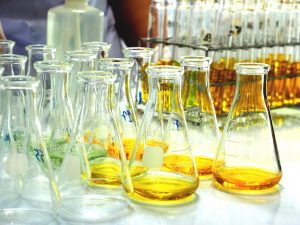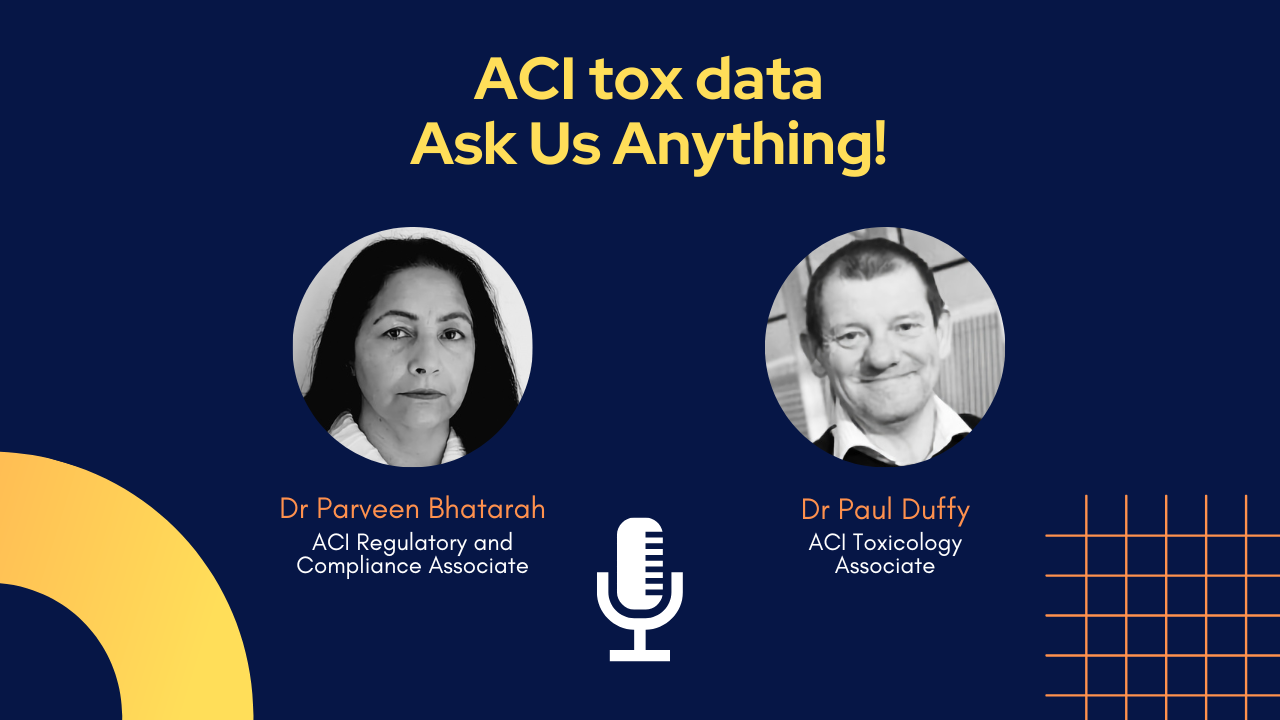Widely available in an array of formats across the wellness category, the rise of this hemp extract in consumer products begs the question – how safe is CBD?
Years of consumption of CBD have provided a wealth of information about safety.
– Toxicology expert, Dr Paul Duffy
Skincare and cosmetics
When it comes to applying cannabinoid-based products onto the skin, the European Commission database for information on cosmetic substances and ingredients (CosIng) advises that CBD is generally safe.
What about CBD oils, capsules and other edibles?
The Food Standards Agency (FSA) is the independent government department, which works to protect public health and the wider interests of consumers in relation to food.
Following the rise of ingestible products infused with the popular hemp extract, the FSA began to examine CBD closely.
The authority confirmed the novel food status of CBD extracts in January 2019 and established a scientific advisory committee – the Committee on Toxicity (COT) – which published several reports on the safety profile of the cannabinoid as a food ingredient.
Is ingestible CBD safe for everyone?
Following the COT’s recommendations, the public health body issued consumer advice on the consumption of CBD for healthy adults and vulnerable groups, saying:
“Some scientific studies suggest CBD can affect the liver if taken at higher doses, but there have been very few studies. As a precaution, we recommend that healthy adults do not take more than 70mg a day, unless a doctor agrees more.”
In addition, the FSA guidance advises against taking CBD at all for those in vulnerable groups, unless under medical direction. This, they say, includes women who are pregnant or breastfeeding, and people taking medication.
“Although CBD is a chemical found naturally within the cannabis plant, it has only very recently been extracted and sold as a separate product. There is still a lot we don’t know about CBD extracts, and there has been very little research about the effects they may have.”
The advice to retailers is to be aware of these recommendations when selling CBD products for oral consumption.
“Sellers of CBD should be aware of this information and be able to inform consumers on the recommended dose for healthy adults, and the potential risk to those who are pregnant, breast-feeding or taking medication.”
How was the 70mg daily dose guideline established?
Cannabinoid Insight asked Dr Paul Duffy, a European Registered Toxicologist, member of the In Vitro Toxicology Society and Toxicology Associate at the Association of the Cannabinoid Industry, to break down the safety profile of CBD.

With more than 30 years’ experience in toxicology, Dr Duffy (pictured) has served on committees for the US Society of Toxicology and British Toxicology Society. Now an independent consultant, his work in the pharmaceutical industry spans a wide range of therapeutic areas including cancer, inflammation, pain, infection, neuropsychopharmacological therapies.
“Years of consumption of CBD have provided a wealth of information about safety,” explains the toxicology expert.
“Clear guidance from the FSA informs on a consumption level that is not expected to be associated with any adverse effects.
“The data sources used for the COT evaluation included toxicity studies in animals and human data, derived from trials with a highly-pure pharmaceutical grade CBD (Epidiolex).
“The COT identified potential risks associated with consumption of high levels of CBD, which included liver effects, interactions with medications being taken, drowsiness and pregnant women or nursing mothers.
“Nevertheless, they conclude that, based on current available information, a total daily consumption of 70mg of CBD represents a pragmatic upper level of intake for a healthy human adult, above which there would be clear concerns about safety. Of course, additional data may mediate that position.”
The view of manufacturers
Cannabinoid Insight spoke to two active CBD manufacturers with products in circulation in the UK about their approach to product safety.
Josh Pereira is a scientist at Jersey Hemp, a seed-to-shelf hemp and CBD cultivator and product manufacturer based in the Channel Islands. The company prides itself on its ‘meticulous methods’ when it comes to analytics and science.
Josh agrees with the FSA’s conclusion that more data is needed in order to arrive at the true safety nature of cannabinoids like CBD. However, he says it is generally well tolerated by most.
“It is well tolerated in humans but there is much data needed to fully establish the safety profile.
“The limits that have been placed for recommended doses – when considering the research conducted to date – is mostly positive and does not necessarily provide any safety issues to humans unless pregnant or taking other supplementary medications.
“The toxicity data available for CBD is limited, particularly long term data, and for endpoints such as reproduction and genotoxicity/carcinogenicity. However, this is a very active research area and it is likely that more data will become available in the near future.”
Josh adds that a responsible manufacturer will have their products tested independently by an accredited lab.
“We ensure the highest level of safety and quality for our CBD products. We get all of our products tested by a third party UKAS accredited analytical company.”
Dr Inbar Maymon Pomeranchik is an adviser to Avida Global, an integrated solutions partner in medicinal cannabis and CBD for the medical, wellbeing and cosmeceutical markets. She stressed that retailers should only purchase products from certified companies who have the right documentation.
“Always make sure you are using a product that came from a certified company. Make sure the product has CBD in it. Also, a reputable CBD product will come with a Certificate of Analysis (COA).”





